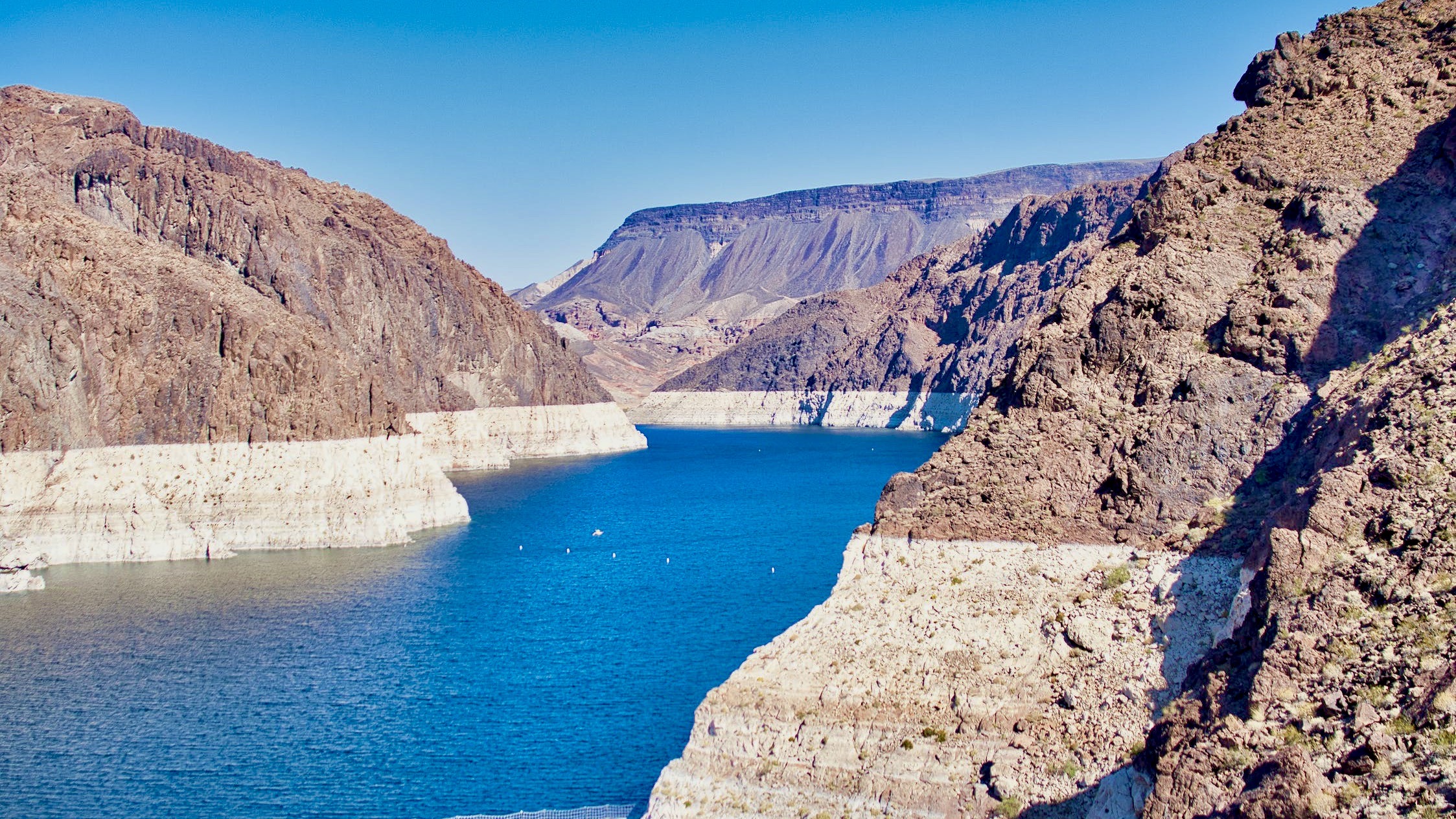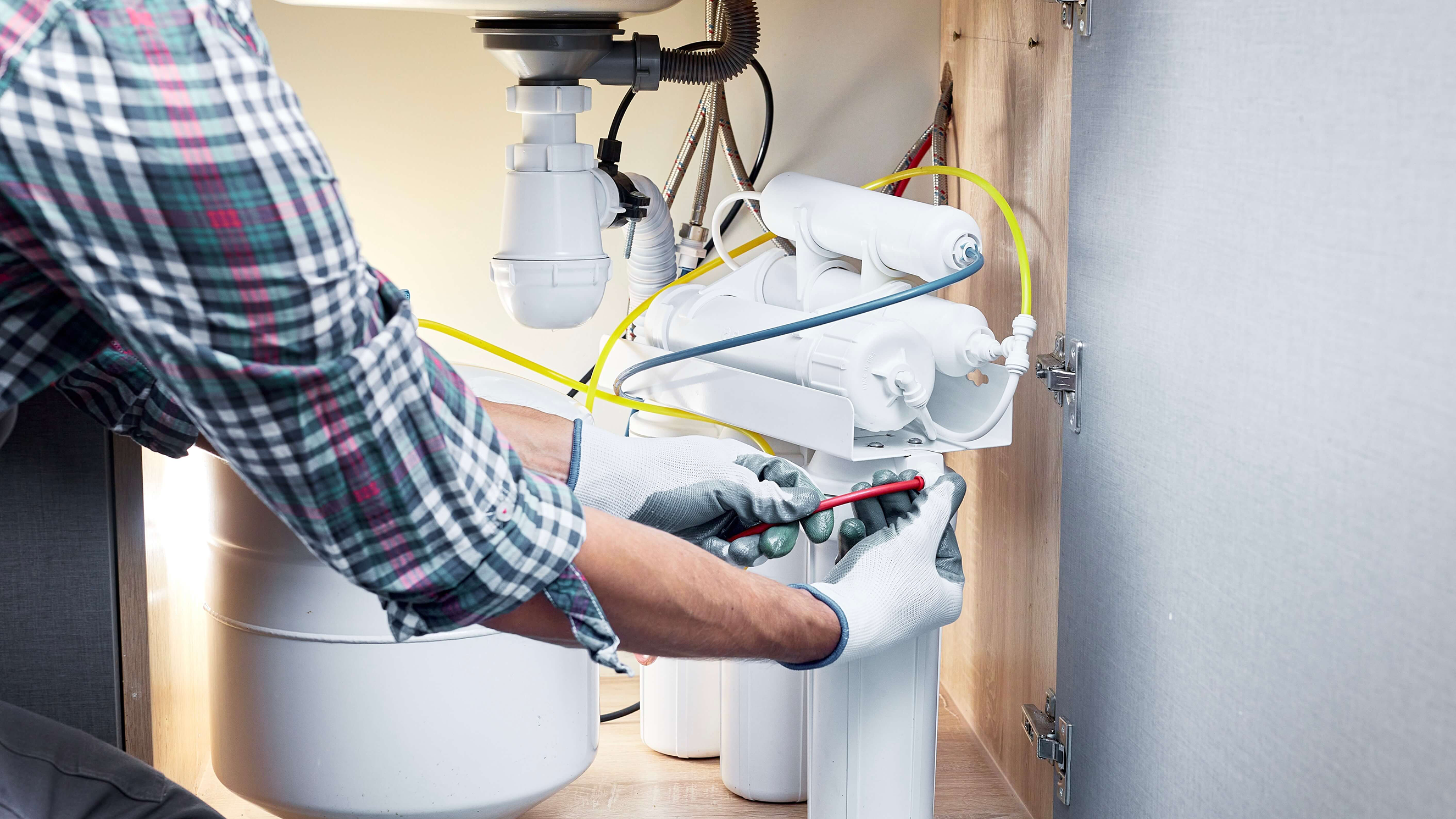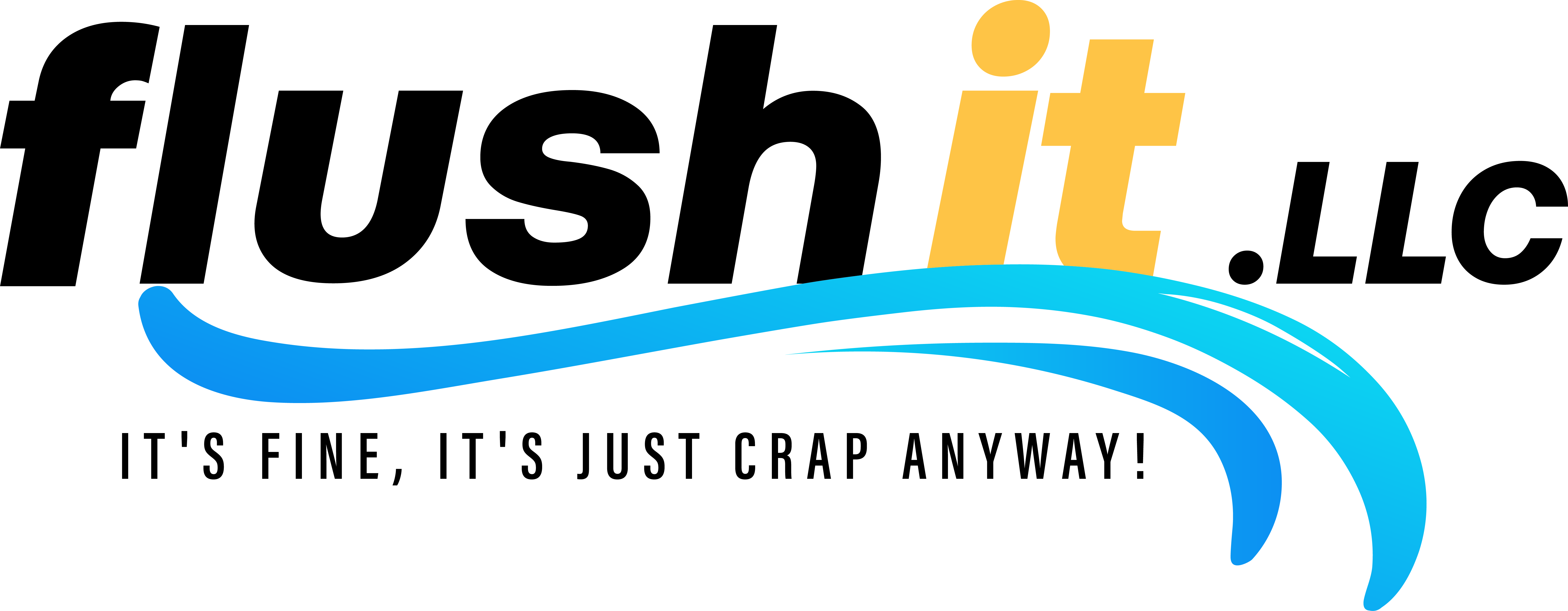Southern Nevada has always been known for having hard water because most of its water comes from Lake Mead, supplied by the mineral-dense Colorado River. The Las Vegas Valley Water District reports that the hardness of our water is 267 parts per million or 16 grains per gallon, categorized as “very hard.”
To help put this into perspective, any amount of minerals between 1 and 3.5 grains per gallon is considered slightly hard. Between 3.5 and 7 grains per gallon is moderately hard. Between 7 and 10.5 grains per gallon is considered hard, which means we have 6 grains per gallon more hardness than hard water.
In Las Vegas and surrounding areas, water hardness is caused explicitly by calcium and magnesium. While this doesn’t bother a few residents, others report hard water problems that include dry skin, brittle hair, spotty dishes, scale buildup, and soap that fails to bubble or produce an adequate lather. The problems are common enough, in fact, that almost all home builders pre-plumb homes to accommodate water softeners.
The six types of water softeners
Salt-Based Water Softeners. A salt-based water softener is the most common water softener used in Southern Nevada. These softeners draw heavy minerals (like calcium and magnesium) into a resin where sodium ions are released to complete an ion exchange process. Most last up to 15 years with proper maintenance, which includes regularly changing the resin. There are a few downsides, including adding an unnoticeable salt (7.5 mg per quart) to the water and some environmental concerns.
Salt-Free Water Softeners. Technically, salt-free water softeners are not softeners as much as conditioners. Instead, they use a template-assisted crystallization system, whereby heavy minerals attach to polymeric beads at microscopic nucleation sites, and crystals are formed. Once the minerals are neutralized, they are released into the water without scaling properties. These systems can be effective for some households but are generally not recommended for very hard water.
Dual Tank Water Softeners. Double tank setups operate the same way as salt-based water softeners. Homes with higher water usage may benefit from a two-tank system because while one tank regenerates, the other tank takes over. These systems can filter very hard water and leave little chance hard water will get into your pipes, even while one tank is regenerating. The drawback is that two-tank systems are more expensive, and the resin needs to be changed regularly.
Magnetic Water Softeners. These softeners are descalers designed to reduce scale deposits in the home’s plumbing system. It works by using a magnetic field to strip away the negative and positive ions, temporarily changing the chemical composition of the water. In short, the minerals are not removed but softened for a few days. Unfortunately, magnetic water softeners are frequently criticized because they don’t descale water anywhere it sits for 48 hours (like a water heater) and are not proven to soften water. For Southern Nevada, it’s also important to know that calcium and magnesium are two minerals that a magnetic system cannot remove.
Reverse Osmosis Water System. This filtration process can remove dissolved minerals from water, including the excess calcium and magnesium found in Las Vegas, Henderson, and North Las Vegas water. It uses high pressure to force water through a semi-permeable membrane that filters minerals, metals, and other nitrates. The downside is that reverse osmosis is generally not a plumbing solution but a point-of-use system like a single sink or faucet.
Shower Head Water Softeners. Another point-of-use solution, shower head water softeners remove minerals at the shower head rather than the plumbing system. This may be a suitable solution for homeowners concerned about their hair or skin but less concerned about the damage hard water is doing to their water heaters, pipes, and appliances. These softeners also use salt as a component but don’t introduce additional salt into anyone’s diet unless they drink from the shower head. Once installed, it is important to change the filters regularly.
Flush It doesn’t recommend one water softener or another, but we do provide homeowners with a few helpful tips. The best way to make comparisons is to consider the price, size, customer reviews, grain capacity, and hardness removal. Simply put, grain capacity refers to the number of grains a water softener can remove from your water.
Other water softener pros and cons to consider: regeneration cycle length, self-cleaning filters, low salt indicators, energy and water efficiency, and warranties. Once you’ve decided, call Flush It to schedule a water softener installation. We can also help maintain and repair them properly, ensuring you always have softer water.




